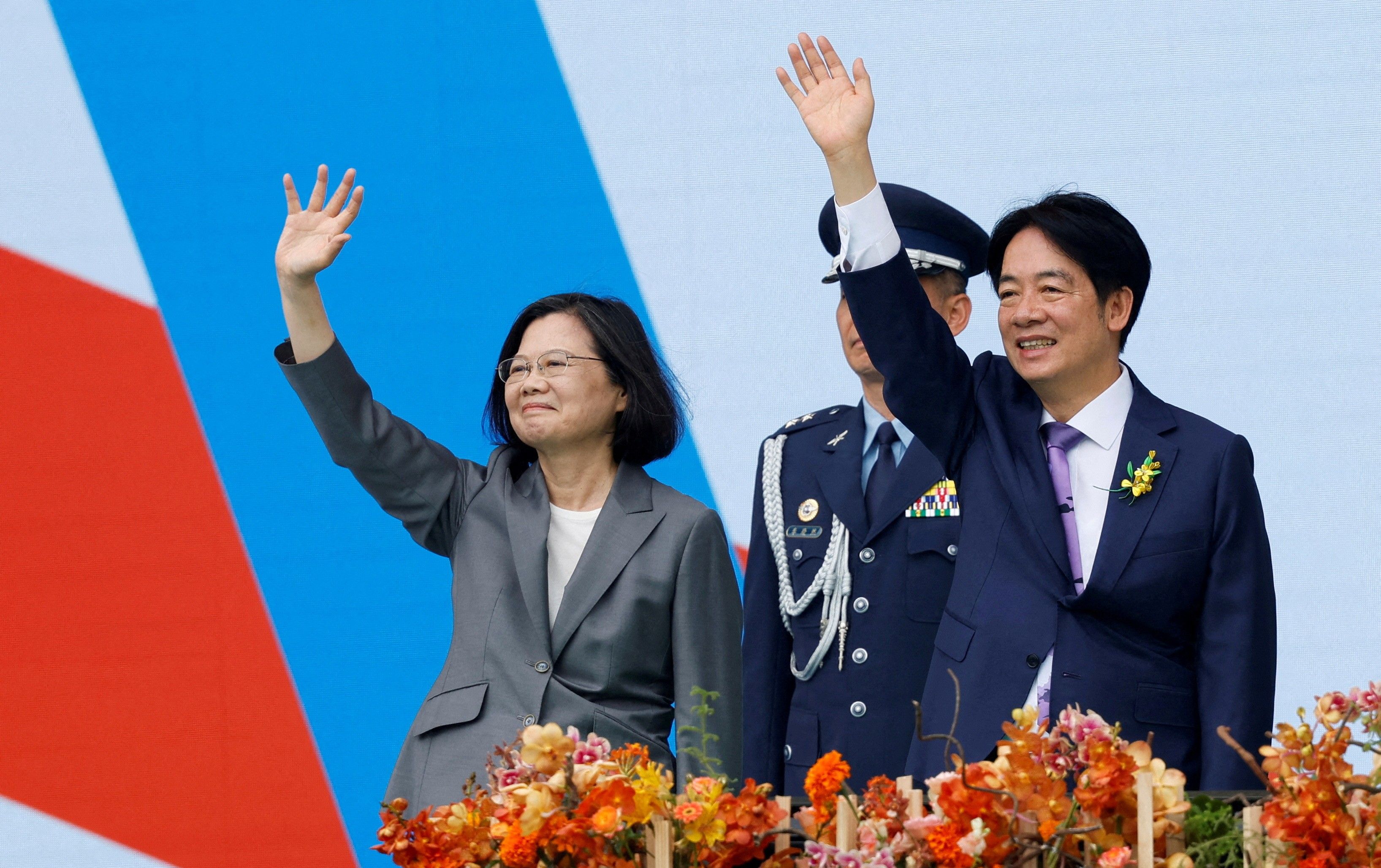The inauguration of Taiwan’s new President Lai Ching-te this week has spurred a new push for Washington to “get serious” about Taiwan by beefing up measures to discourage a Chinese invasion of the island.
A recent essay in Foreign Policy magazine by Raymond Kuo, Michael Hunzeker, and Mark Christopher is emblematic of how many in Washington approach Taiwan policy — with a deterrence-heavy strategy that actually risks bringing about the very Taiwan crisis they seek to prevent.
The authors rightly call for the U.S. to press Taiwan to do much more to provide for its own defense. Any effective deterrence of a Chinese use of force against Taiwan requires the island to acquire credible military capabilities, with U.S. assistance, something it is not doing at present. This indeed must change, as the authors argue.
Unfortunately, however, the authors entirely trip up when they go on to argue that deterrence should rest solely on Taiwan acquiring such military capabilities, augmented by much greater levels of U.S. and regional military support. Indeed, in doing so, they criticize a recent New York Times op-ed piece I co-authored with Mike Mochizuki that calls for the need to couple such military deterrence with far more credible levels of U.S. and allied diplomatic assurances to Beijing in support of the long-standing and highly successful One China policy.
The authors reject such a two-sided strategy by asserting, based on very shaky evidence, that such political assurances have become meaningless because Xi Jinping is supposedly committed to resolving the Taiwan issue on his watch, with force if necessary, and regardless of what the U.S. and others might say.
There is in fact no clear evidence that Xi has made such a dangerous decision. Indeed, although he needs to say so personally and publicly, his immediate subordinates have stated repeatedly that China has no timeline for resolving the Taiwan issue.
Make no mistake, Xi would certainly like to see progress toward a resolution while in office, but it is inconceivable that either he or other senior PRC leaders would ignore or downplay the obvious huge risks involved in resorting to force regarding Taiwan and launch an attack on the island without a clear provocation, and such a provocation has yet to occur. But it will occur if the U.S. and its allies were to eviscerate or discard their One China policies.
Numerous Western simulations, many no doubt known to Beijing, have shown that any Chinese attack on Taiwan would almost certainly produce disastrous consequences for all involved. Xi would not embark on such an enormous gambit unless he and those around him were to conclude that the alternative to a use of force would be China’s acquiescence in clear moves by the U.S. and Taiwan to permanently separate the island from the mainland. Such a humiliating acquiescence would undoubtedly trigger a major nationalist response within China that would likely lead to the overthrow of those Chinese leaders in power at the time.
Such a fear would emerge in Beijing if the U.S. and its allies combined major increases in military deterrence of the sort advocated by the authors with a de facto gutting of the One China policy. Indeed, they seem to encourage the latter when they state that “Washington’s long-standing attitude toward Taiwan is based upon a set of military and political foundations that no longer exist.”
Instead of recognizing the obvious risks and uncertainties that Beijing continues to face in dealing with Taiwan, they simply reduce China’s calculus to a function of Xi Jinping’s supposed personality as a reckless, violent, genocidal, iron-fisted and un-assurable figure. This cartoonish characterization undermines any attempt to create a credible deterrence strategy based on both military and diplomatic elements.
Yes, Washington definitely needs to get serious about Taiwan. But doing so requires not only a stronger Taiwanese military, but also far more credible assurances of America’s continued commitment to the One China policy, along with more credible commitments by Beijing to its long-standing policy of peaceful unification.
- Does the US have a favorite in next Taiwan election? ›
- Challenges loom for US, China with new Taiwan leader ›
- Taiwan's president turns up heat against China — way up. | Responsible Statecraft ›
















